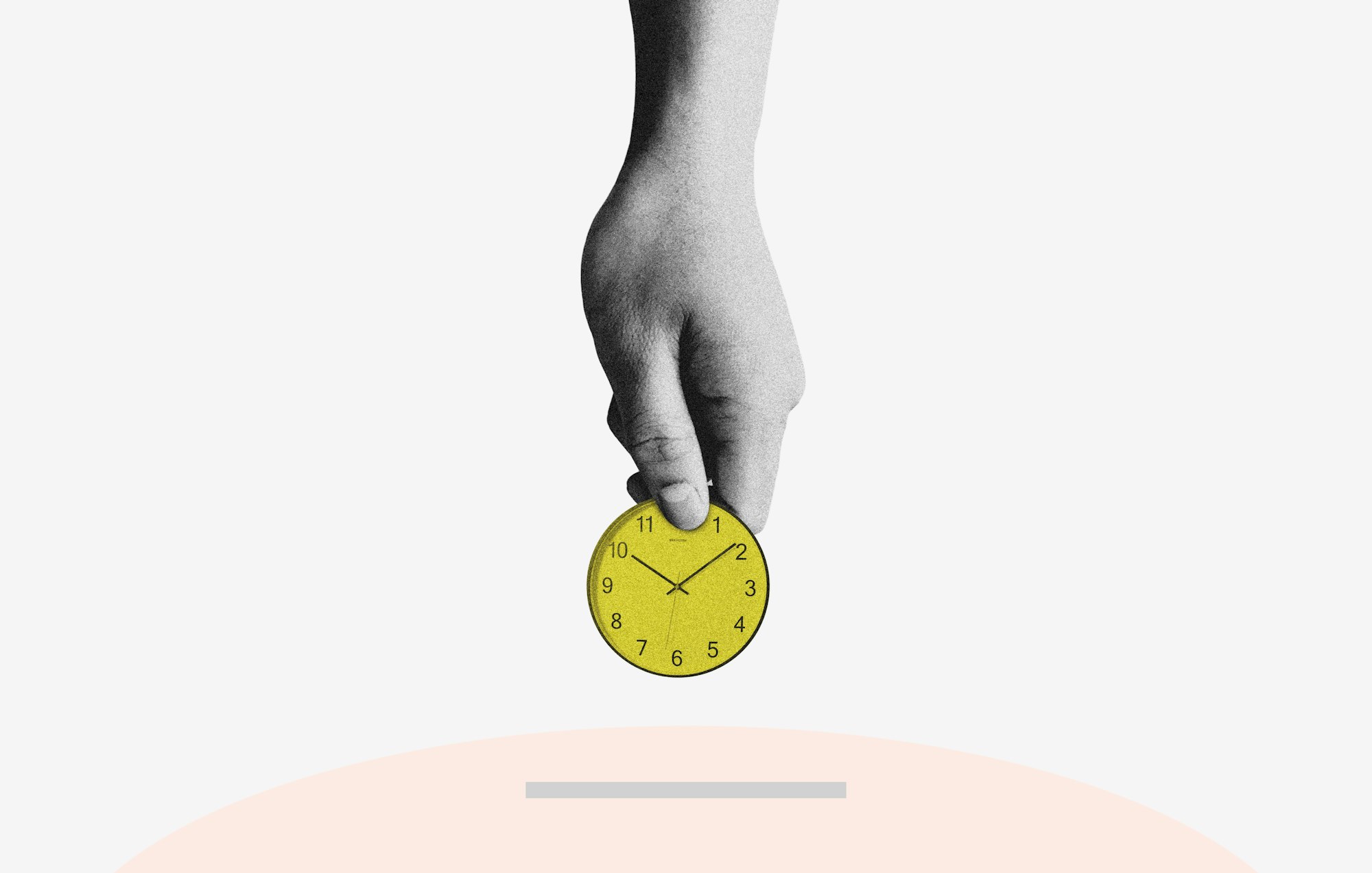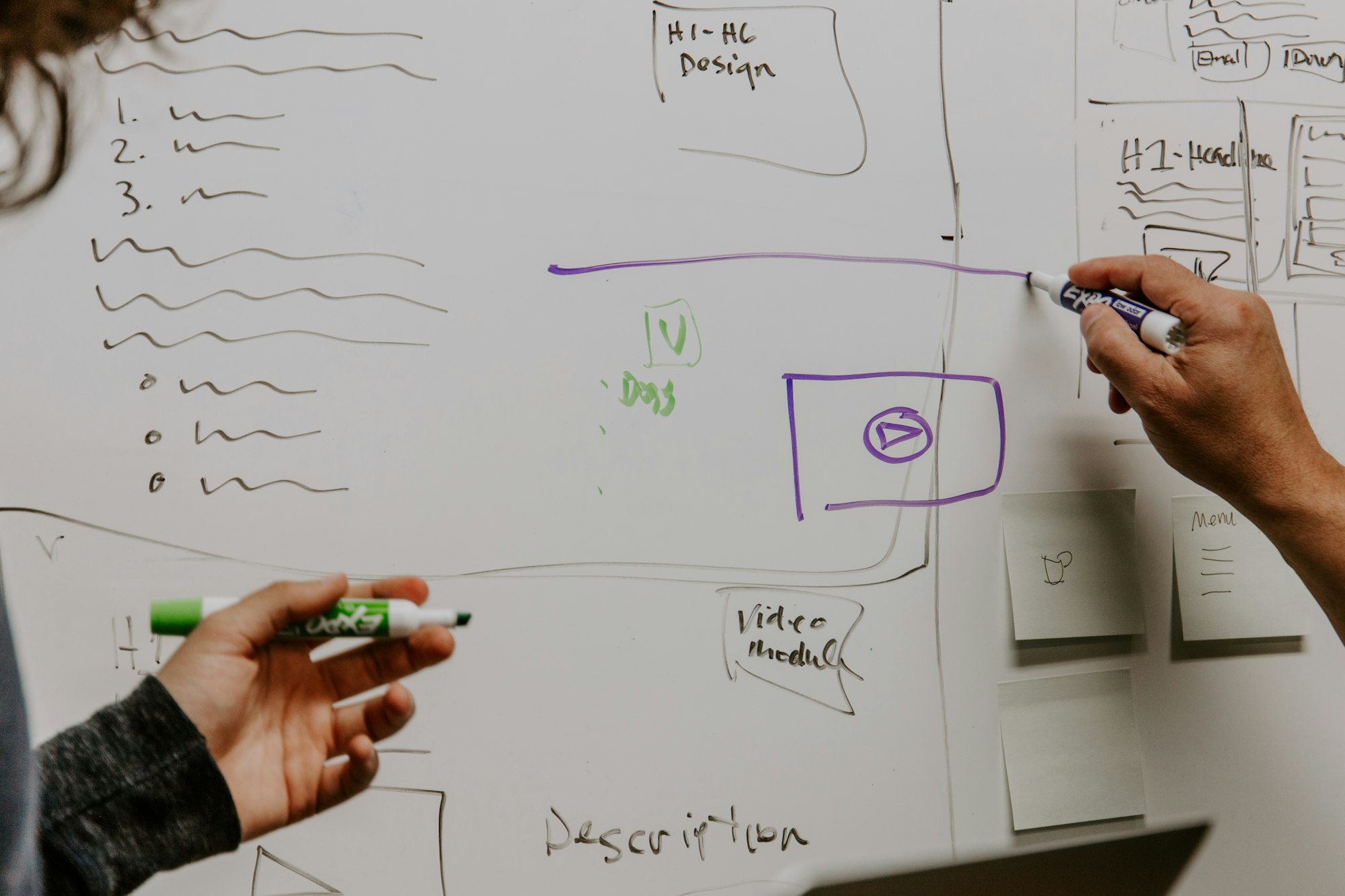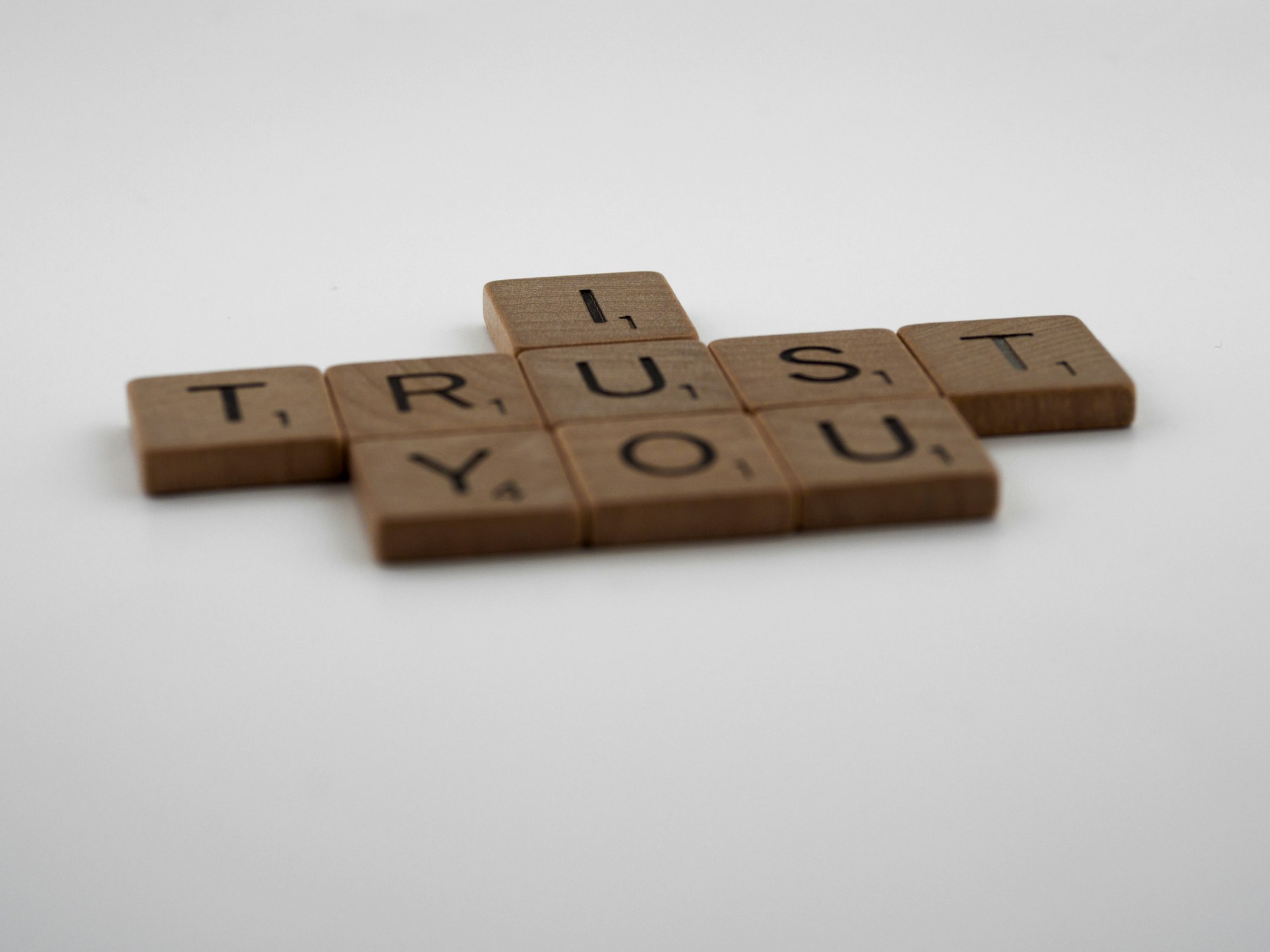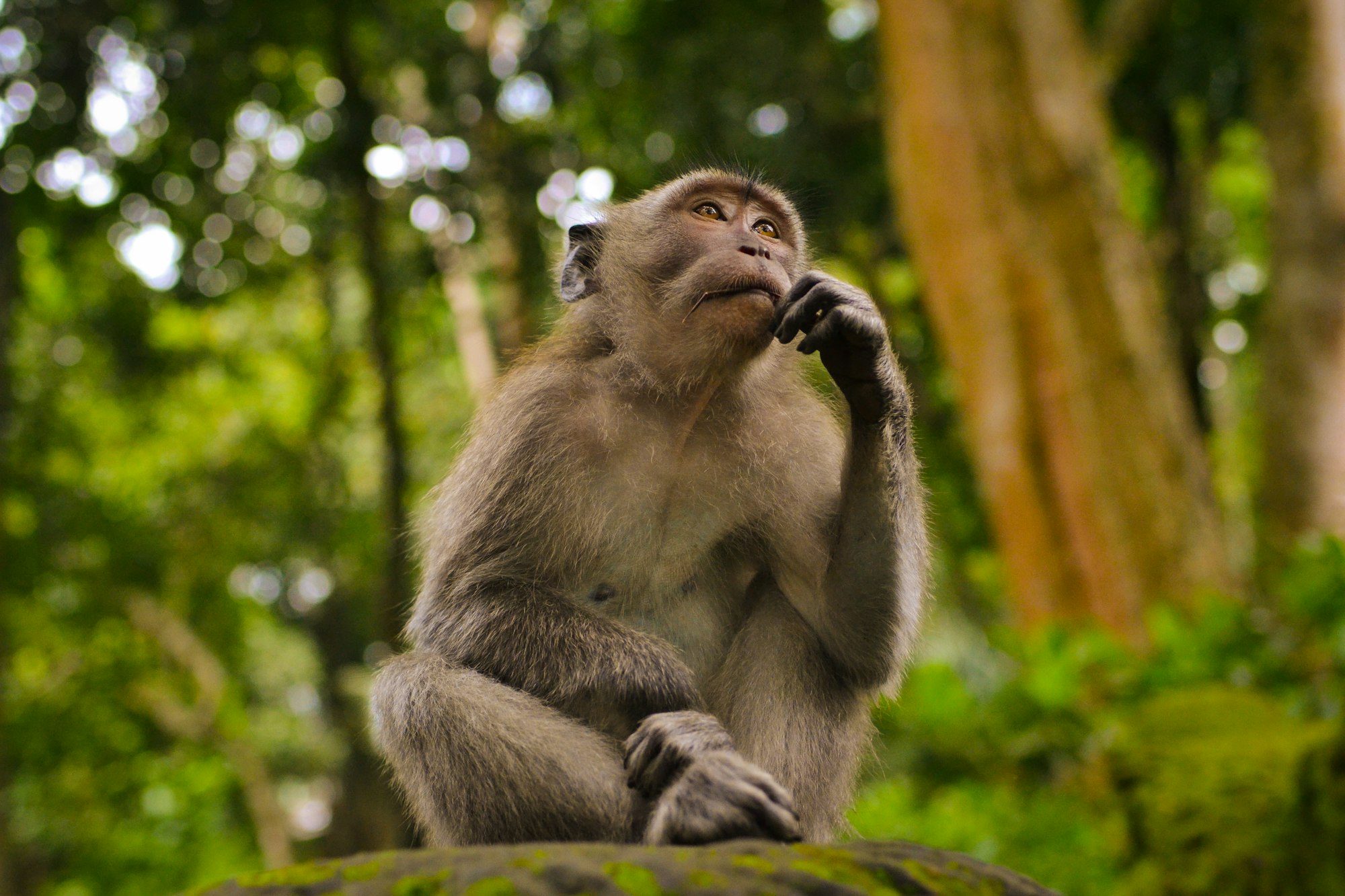My non-technical interview technique
I recently got some very positive feedback about my interviewing technique, I never really considered what I do to be unique or noteworthy. But, the praise has promoted me to write down how I do things, in case it's valuable to someone else.

Overview
- I prepare
- I follow a standard pattern
- I share about me and the company
- I look for the positive
- I ask ambiguous and open-ended questions
- I ask for examples and absolutes
- I leave time for them to ask questions
- I enjoy it and learn from them
- I follow up
I prepare
Weeks before (takes a few hours, but very infrequently)
- I build a standard set of questions that I ask all candidates.
- I try to avoid standard questions that others will have asked them already or that the candidate may have a rote response for.
- I have a smaller set of questions I keep per role, level (experience) and speciality for the interview.
- I refine the question list as I interview, read, hear good interview questions.
Days before (takes 5–10 mins)
- I check with the hiring manager if there is anything they want me to focus on, specifically for this candidate.
Hour before (takes 15–30 mins)
- GitHubI review the CV and any other data in the HR team shared.
- I read their LinkedIn, paying specific attention to:
- Recent companies and roles and length of time there - what have they done recently?
- Very early experience/roles - how did they get started?
- Recommendations given and received - what are they known for and value in others?
- Shared connections - I follow links they have put on their CV / LinkedIn, reviewing their personal websites, Twitter, GitHub, goodreads, etc if they share them.
- I do a basic Google search, perhaps they have spoken at events or similar.
- Skim what I find, look at the trends, the ideas, the things which may make them good for the role.
- Follow links from links, sometimes they only link to GitHub on the CV, but GitHub then links to Twitter/personal blog etc.
- I prepare and review the questions I’m going to ask, fine-tuning them to the situation and level of the candidate.
I follow a standard pattern
- It's all too easy to find a shared passion and spent 20 mins talking about it, then miss key questions you should have asked.
- By having a pattern and set of questions you use with all candidates, you have a fair and repeatable criteria by which to measure. Of course, every interview is different, but this, at least, gives you a reference point.
- I ask them to be concise in their answers. Communication is critical to any role, I personally highly value people who can communicate a lot in a little time. It shows clarity of thought and resect for others time.
- I explain to the candidate how I like to interview, and the pattern I follow. Mine interview flow is:
1. Explaining the pattern/flow.
2. Short intro from me, about me, what I do, what i value and who I am outside work (2-4 mins)
3. Short intro from them, ask for things not in the CV or key/defining parts of their CV (4-6 mins)
4. We go through my set of questions, with a focus on being concise. (20-30 mins)
5. Time for them to ask me, absolutely anything. - The questions section is semi-dynamic, once the interview is going - removing questions which are no longer relevant or adding them as needed.
- I also ask the same final question, regardless of how the interview has gone: “If we were to make you an offer, what is the first nagging doubt or hesitation which pops into your mind.”
- It lets you know how to tune that offer, if you want to make it.
- It lets you set any concerns to rest (or prep the next interview to do so)
- It can highlight gaps in the interview process up to this point. - Perhaps most importantly, I take notes as we go. If you are doing a lot of interviews or over a long period of time, it's easy to forget exactly what was said.
I share about me and the company
- Sharing who I am are, and what your motivation is, is a key part of the interview.
- Going first, with your introduction, being open and forthcoming sets the tone for their introduction and the rest of the interview.
- It's them interviewing you as much as you are interviewing them.
- One of the questions I ask EVERYONE is, “how long did you take researching the company and what did you find out?”
- I then ask, do they have any questions about the company, which I can answer for them.
- I do this as one of the first questions, as it gives us both context for the rest of the interview.
I look for the positive
- Some interviewers are looking for reasons NOT to hire someone, or to find fault - I look for their strength.
- Ask questions that let them show you what they are good at, what they love, what they find interesting.
- Look for ways they are different to you and the team they are joining, to find how they will add to the team, raise the bar - which isn’t always the same as fitting in.
I ask ambiguous and open-ended questions
- The question they hear/understand and choose to answer, can be as informative as the answer they give (sometimes more so).
- When faced with ambiguity, do they ask clarifying questions, or just jump into an answer?
- Are they able to be concise when faced with an open-ended question?
- I try not to ask questions with a right or wrong answer, instead try to ask questions which show me how they think and what they value.
I ask for examples and absolutes
- People learn the “right” answers to interview questions, by asking for examples from their experience, you can tie it to something real.
- They want to be right, so will often hedge their response, which doesn’t tell you what they really think - so ask “Are you better at X or Y, you don’t get to pick both”, “please stack rank these things”. The rational they give and thinking behind it is often more important than the absolute answer.
I leave time for them to ask questions
- What they ask, is almost as important as what answers they give.
- If you’ve set up the interview well and been open and forthcoming, the questions you get here can be insightful not only for the candidate, but also your interview and the process that went before you.
- Leave time for this - but also don’t make them feel bad if they don’t have questions (have some prompts ready).
I enjoy it and learn from them
- A cheat I’ve used in the past, is to ask “what's the best interview question you’ve ever been asked” to help me fill out my set!
- They will know things, have experiences, ideas and passions you’ve never come across before, look for that.
- You may never speak to them again, or you may be setting the foundation in this conversation for a relationship which goes on for many years - in both cases, have fun.
I follow up
- We submit our review via an online system, but I always make sure to reach out to the hiring manager and recruiter to give a personal response and answer any questions they may have.
- I also note down my personal reflections, there and then. It's very easy to have your impression changed when you start talking to others or as time passes (which may be ok), so it's useful to capture it.
- I will often also reach out to the candidate, to say thank you and share any links or other things we discussed, or ask for links from them. It's often just TV shows or interesting technical ideas we talked about.
Ultimately, interviewing is a chance for you to get to know someone new, so take that chance. You never know, this could be someone you spend the next 10 years working alongside, or bump into again in another context - so it pays to make the effort.




